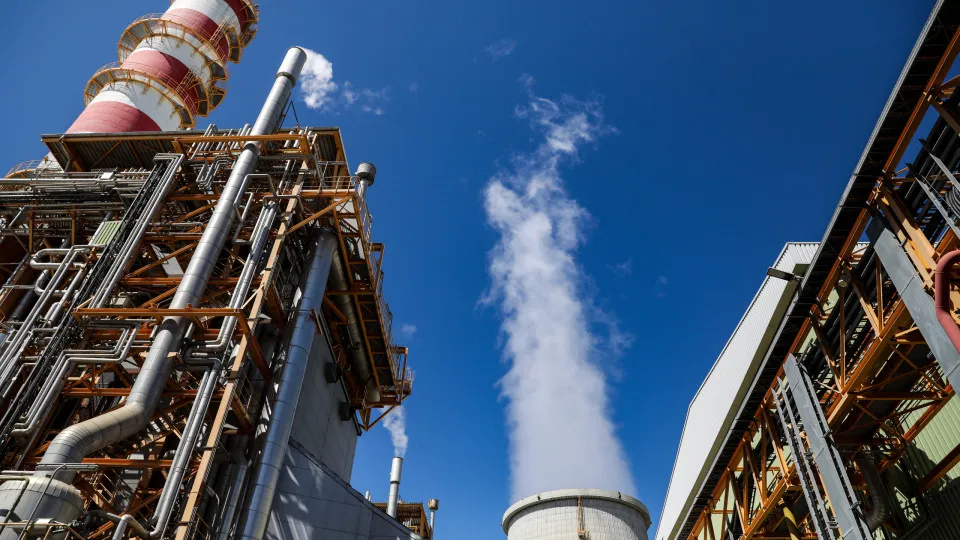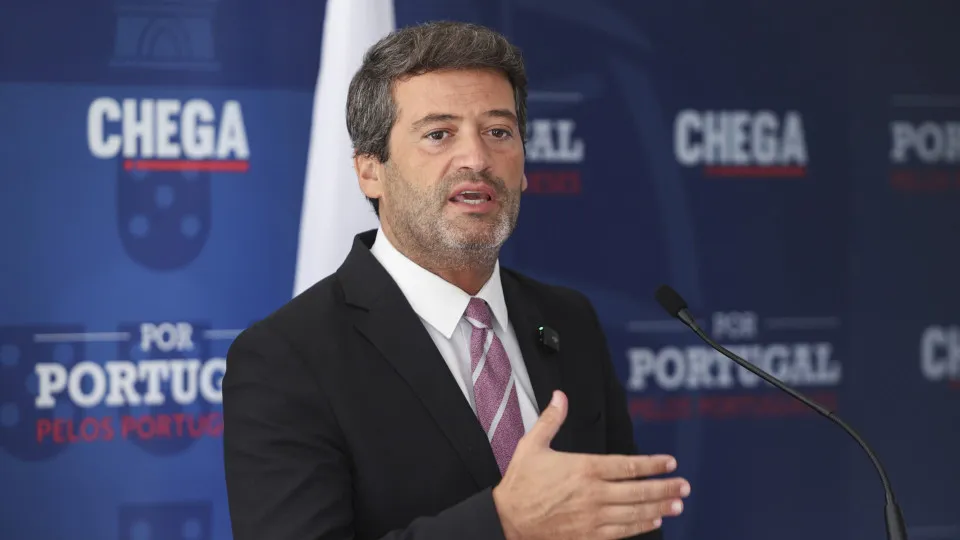
The initiative, part of the European project FLEXnCONFU, was implemented at the Ribatejo combined-cycle thermal power plant in Alenquer. It aims to validate the practical application of blending hydrogen and natural gas in operational contexts, an area still largely unexplored in the sector.
The pilot was developed by an international consortium comprising 21 partners from 10 European countries. It includes a 1.25 MW electrolyzer, enabling the production, compression, and storage of hydrogen, which will then be used in combination with natural gas in the plant’s turbine.
This milestone, which also marks the group’s production of its first hydrogen molecule in Europe, is part of the European FlexnConfu project, funded by the Horizon Europe program. The project seeks to test innovative solutions to increase the flexibility of thermal power plants.
The ceremony marking this new step was attended by the Minister of Environment and Energy, Maria da Graça Carvalho, and the CEO of EDP, Miguel Stilwell d’Andrade.
The minister emphasized that this project demonstrates the country’s commitment to European carbon neutrality goals and confirms Portugal’s readiness to play an active role in the production and use of renewable hydrogen.
Meanwhile, Miguel Stilwell d’Andrade highlighted EDP’s desire to lead in energy innovation, underscoring the investment made and the importance of this trial in the decarbonization effort.
Initiated in April 2020, the FLEXnCONFU project includes two demonstrators that will convert electricity into hydrogen or ammonia and co-combust them with natural gas. The demonstrator managed by EDP in Ribatejo uses hydrogen, while a second, located in Italy, employs an ammonia carrier—used for energy storage and transport—and will be validated in a laboratory environment.
The outcomes of the pilot will support the development of larger-scale green hydrogen production projects and assess the feasibility of adapting existing gas turbines for co-combustion.
The pilot project of the electrolyzer at the Ribatejo thermal power plant will operate until early 2026. The technical and economic feasibility results will aid in future investment analyses by EDP, always considering the national and international hydrogen sector context.
This initiative complements other larger-scale hydrogen projects already planned for Sines, such as GreenH2Atlantic or MadoquaPower2X, reaffirming Portugal’s commitment to hydrogen as a key factor in the energy transition.
Green hydrogen production is seen by the government as a central component of the energy transition, although it still faces technological, economic, and regulatory challenges. The success of this pilot could help clarify the next steps, both for EDP and for national energy policy.




